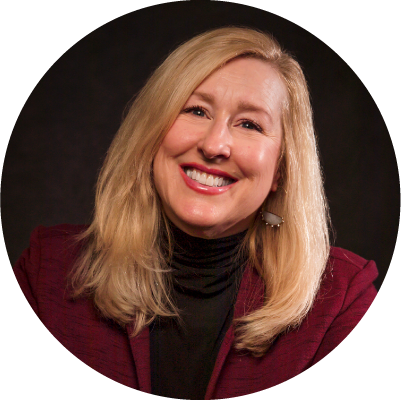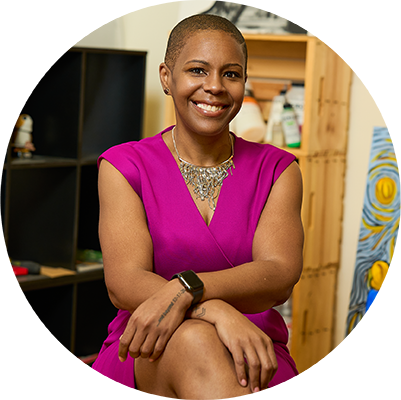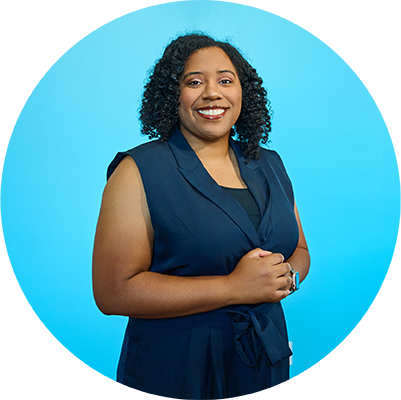Today's Omaha Woman
This is a publication of the Women’s Fund of Omaha. All articles aim to educate readers about the issues the organization focuses on to advance gender equity. Features include spotlights on local women, femmes and girls in our community.
2023 STAFF + WRITERS
Melanie Morrissey Clark
Editor-in-Chief and Writer
Jen Pavkov
Creative Director
Ron Coleman
C4 Photography, Photographer
Mary Lee Harvey Dircks
Staff Writer
Jen Greene
Staff Writer
Kara Schweiss
Staff Writer
Jacq Thompson
Staff Writer
Sarah Wengert
Staff Writer












